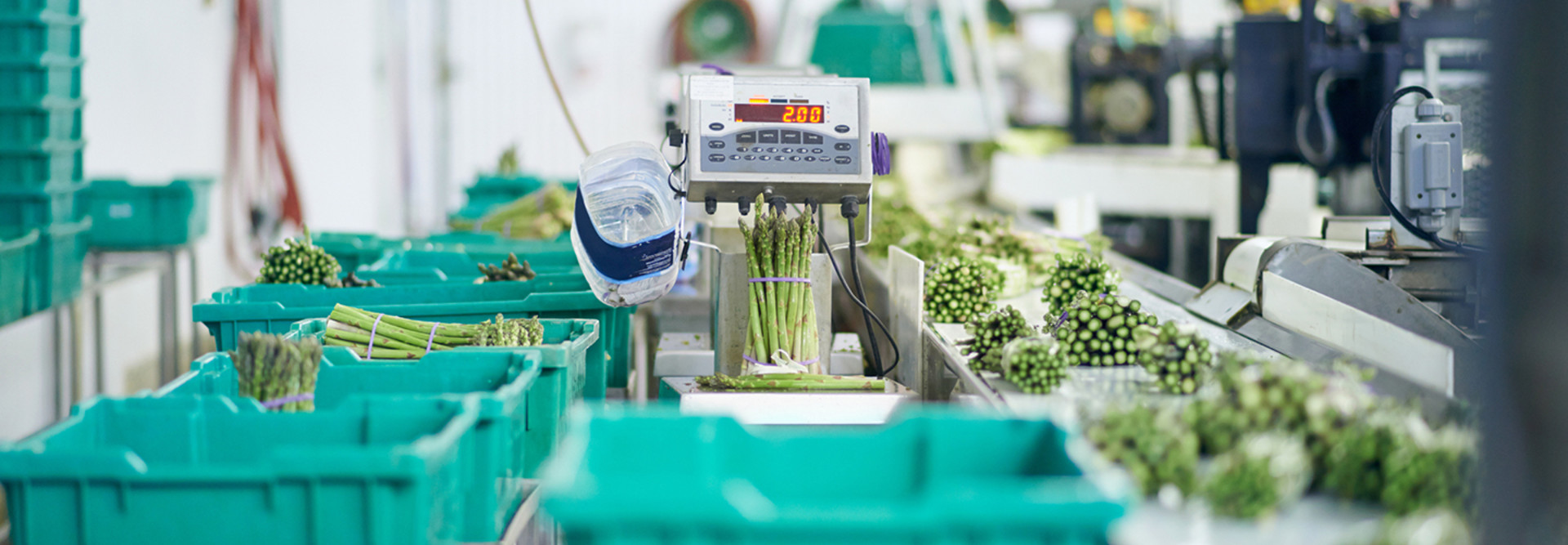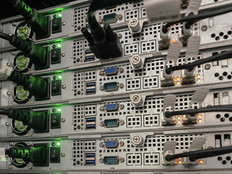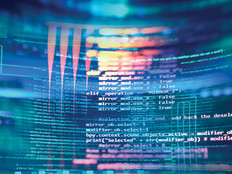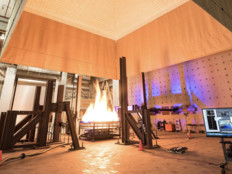FDA Wants to Use Blockchain to Keep Food Safe
The Department of Health and Human Services is using blockchain technology to enhance procurement and give its contracting officers greater visibility into the agency’s acquisition function. The Food and Drug Administration wants to use it for something slightly more urgent: ensuring food doesn’t harm the public’s health.
The FDA is using blockchain for food safety, to identify the sources of issues, according to Frank Yiannas, the FDA’s deputy commissioner for food policy and response. The goal is to create more transparency in the food system, he says.
“I can assure you we’re not chasing blockchain technology just because it’s cool, it’s in the news and it makes stock prices go up. But I do believe it’s a good solution for the future,” Yiannas said earlier this month at an American Council for Technology and Industry Advisory Council emerging tech conference, according to Federal News Network. “This is why I’ve been pursuing this holy grail of trying to create a digital food system and greater traceability and transparency.”
“Some people predict that the food system will change more in the next eight years than it’s changed in the last 100, and that will be a good thing,” Yiannas added, according to Nextgov. “But we need to digitize the food system — there’s no question about it.”
MORE FROM FEDTECH: Discover why feds should look to Bolzano, Italy, to learn about blockchain.
Blockchain Could Help FDA Track Food Sources Faster
The FDA and the food industry use a largely paper-based system to track food from its source through to packing houses, warehouses and into stores, Yiannas noted. That can leave inspectors with limited information, as they are often only able to go one location back and one forward on the chain of the food supply, Nextgov reports.
“You can see if you are trying to chase this down on paper it takes a long time to tell where these products came from,” Yiannas said.
That can be particularly debilitating during an outbreak of foodborne illness, as was the case following a multistate outbreak of E. coli in November.
The FDA warned the public to avoid eating romaine lettuce and asked restaurants and grocery stores to not serve or stock it. The FDA spent several days tracing the outbreak to farms in California.
“The damage that does to consumer trust is hard to really fully measure,” Yiannas said, according to Federal News Network. “And while the food system is pretty safe, unfortunately, these incidents happen.”
Following the outbreak, Yiannas and FDA Acting Commissioner Ned Sharpless released a statement in April calling for a “new era of smarter food safety.” The FDA vowed to use data from every point in the food supply chain. The plan called for a focus on traceability, digital technologies and evolving food business models.
“It’s not a slogan. It really is a different way of thinking about how we solve our food safety challenges that remain,” Yiannas said, according to Federal News Network.
Before joining the FDA, Yiannas served as vice president for food safety at Walmart and director of safety and health at Walt Disney World. He piloted a blockchain program at Walmart to trace the progress of a bag of mangoes from a farm to a store shelf.
“So, to make a long story short, we started working with small farmers and a technology provider ... to start digitizing that and capturing the tracking information on blockchain,” he said, Nextgov reports. Using blockchain, Walmart could track the source of a specific bag of mangoes in 2.2 seconds, compared to the “weeks” it took under the old paper-based system, the publication notes.
“What we are after is more transparency in the food system. By creating this digital footprint, you can shine a light on all the different stakeholders in the food system and really create transparency,” Yiannas said. “I persuaded them that technologies like blockchain could do for food traceability what the internet did for communication.”
The private sector is already testing blockchain tools to track the food supply, Yiannas noted, but the FDA would manage the data and would serve as a regulator to ensure interoperability.
“I believe if government steps up and says, these are the standards, the data attributes that have to be traced, it makes it easy for private solutions to scale and not have to create their own standards,” Yiannas said, according to Federal News Network.









